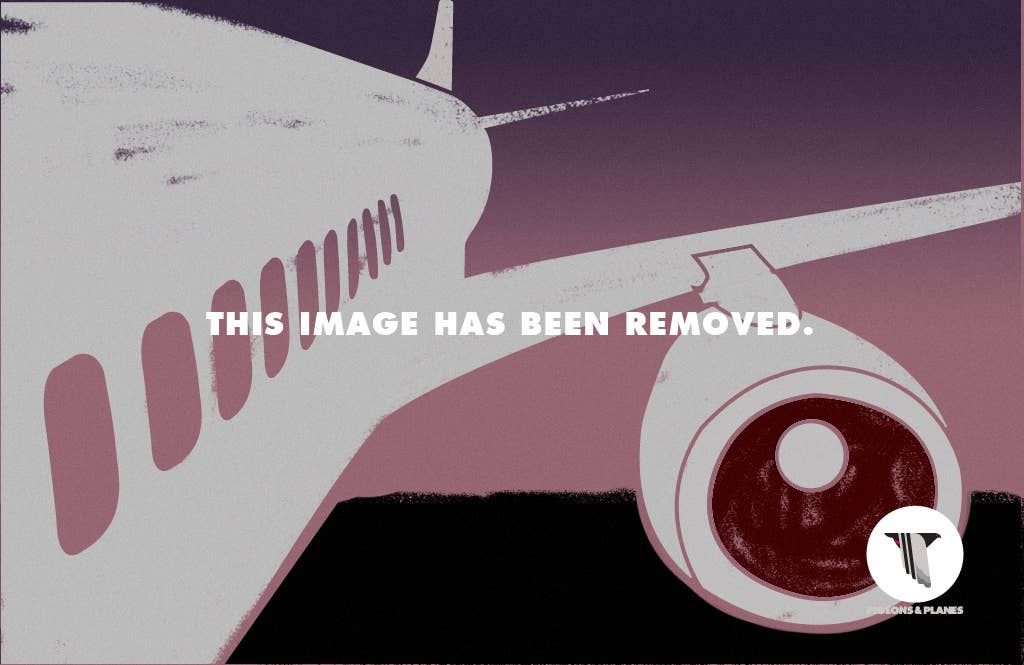1.
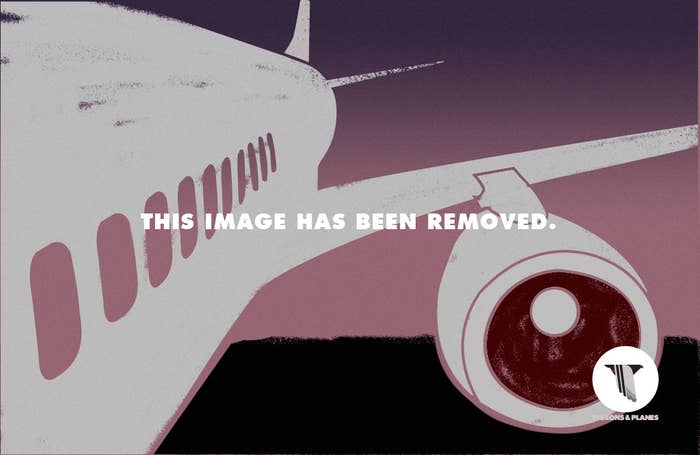
When Graceland was released 25 years ago, following the commercial flop that was Hearts & Bones, it was the subject of both praise and political outrage. The themes of the album were the product of Simon’s own violation of the cultural boycott, supported by both the United Nations (UN) and the African National Congress (ANC), against the white Apartheid government in South Africa that brutally oppressed the country’s black population.
Despite the political turmoil in South Africa during the time Graceland was recorded, the album itself strikingly avoids politics. Simon allows his lyrics to describe the world around him without making any overt statements or conclusions about it. Lyrically, Graceland in is remarkably American, even though it is inspired sonically by a variety of African musical techniques.
In creating Graceland, Simon hoped that the art itself would transcend the politics of the time, making the work universally relatable and ultimately about a human experience. Whatever your political stance on Graceland, a quarter century later, the cultural impact of the album and the resonance of its lyrics speaks for itself.
By Stereo IQ editor Tori Elliott
Hit “next” or click the pictures to read on…
2.
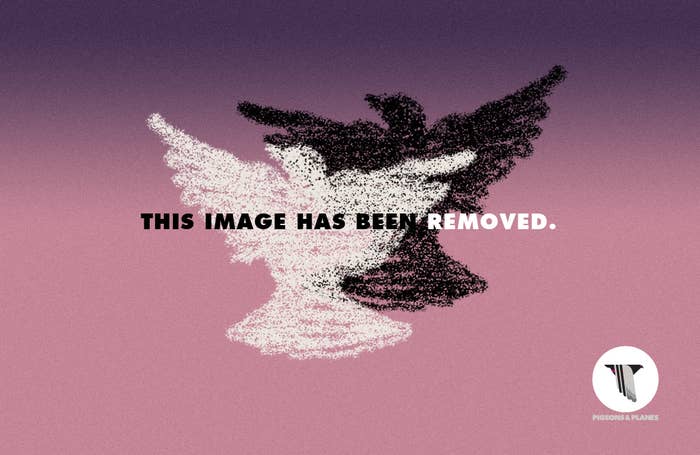
10. “You are the burden of my generation/I sure do love you/But let’s get that straight.”
If there were one line that represented the Baby Boomer generation’s feelings towards their children, this would be it. Throughout the entirety of the song, Simon describes to his little “dude” how grand life was before he was born, exposing an underlying resentment concerning the sacrifices of parenthood. 25 years later, many of the baby boomers who first purchased Simon’s album find their children returning home.
3.
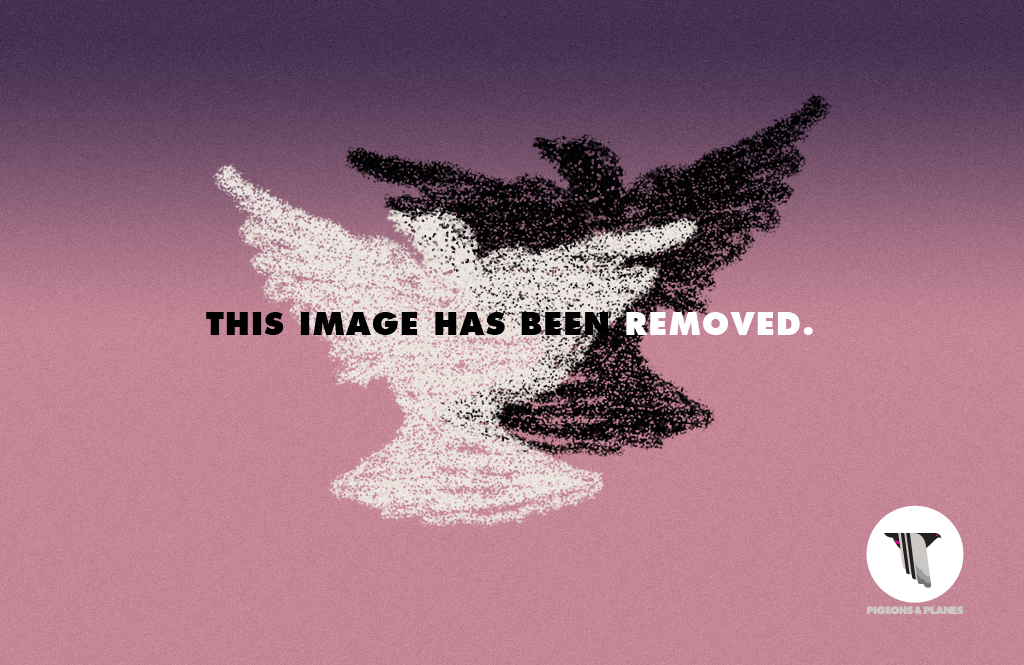
9. “Mission music was ringing ’round my nursery door/I said take this child, Lord, from Tucson, Arizona.”
Given the song’s title, one could easily assume that Simon was alluding to Africa’s history with missionaries and colonialism. The reference, however, to Tucson, Arizona links America’s own colonial history with that of Africa as Simon attempts to bridge the gap between the familiar and the foreign.
4.
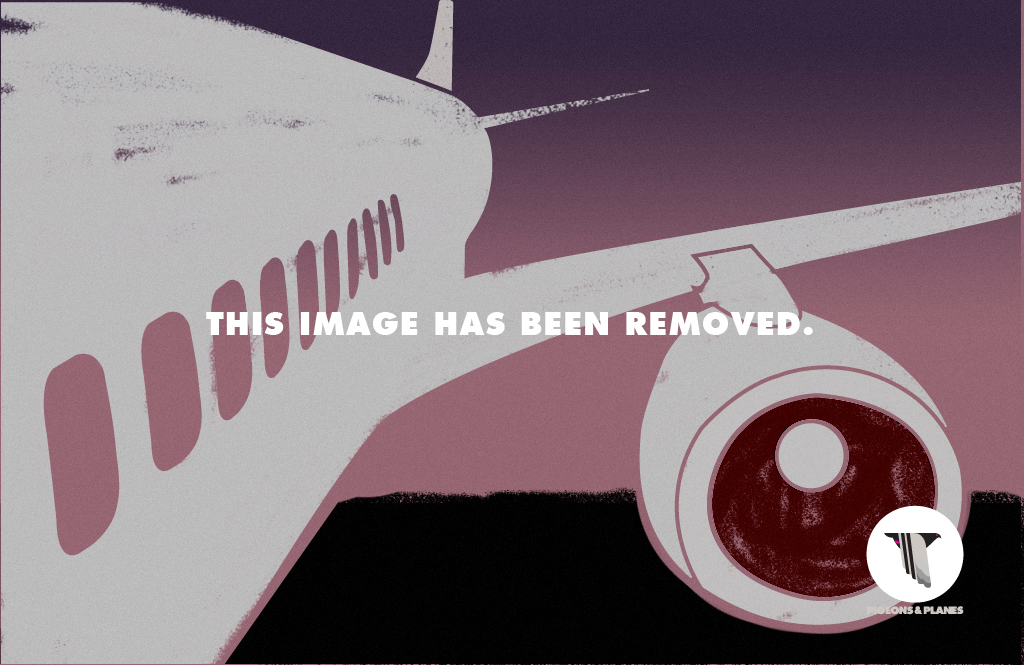
8. “I said aren’t you the woman who was recently given a Fulbright/She said don’t I know you from the cinematographer’s party.”
Inspired by a South African song that describes how “the women take care of themselves,” in “I Know What I Know” Simon describes his interactions with an attractive woman at a New York party, where they make small talk that reveals their connections and social standing. Both Simon and the woman manage to name-drop the prestigious avenues through which they know (or know of) each other—Simon’s connection to a famous cinematographer and the woman’s recent Fulbright grant.
5.

7. “It was the myth of fingerprints/That’s what that old army post was for.”
Throughout the song, Simon refutes what he calls “the myth of fingerprints,” or the idea that anyone can or should ever leave a lasting mark on the world. The “old army post” on the Indian Ocean alludes to attempts by Western to leave “fingerprints” in the developing world through conquest, imperialism, and exploitation. The army post, a fingerprint in itself, has been abandoned along with the West’s colonial ambitions.
Paul Simon, “All Around the World or the Myth of Fingerprints” Lyrics
6.
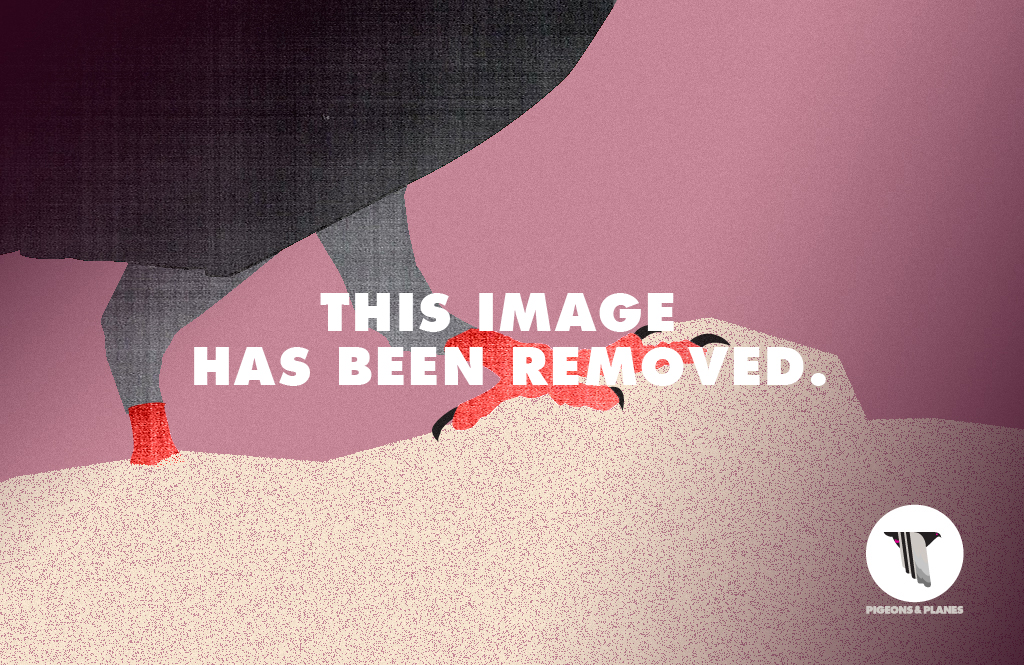
6. “Cattle in the marketplace, scatterlings and orphanages/He looks around, around, he sees angels in the architecture.”
“You Can Call Me Al” is a portrait of Simon’s own experience in South Africa. He is the wide-eyed foreigner, taking in the alien sights and sounds while using the experience as a backdrop for his own self-exploration throughout the song. Simon describes seeing both the country’s beauty and poverty juxtaposed, contrasting the cultural beauty of South Africa, which is celebrated musically in Graceland, with the poverty and oppression that black South Africans were experiencing.
7.

5. “The way the camera follows us in slo-mo/The way we look to us all.”
With the constant media coverage and 24-hour news networks that have come to dominate the airwaves in the years since Graceland was first released, the images of both violence and voyeurism described in “The Boy in the Bubble” seem as timely now as in 1986, when images of the violence of the Apartheid government often found their way onto the nightly news. Simon describes the “slo-mo” camera through which we see each other from across the globe and through which images of tragedy become remote and are transformed into entertainment.
8.

4. “Somebody could walk into this room, and say your life is on fire/It’s all over the evening news.”
One would assume that if your life were actually on fire, you’d know it. But Fat Charlie the Archangel, the main character in “Crazy Love, Vol. II” and perhaps a representation of Simon himself, is so apathetic and disengaged from his life, that he is unable to see his own self-destruction. Though it is evident to everyone around him, he has “no opinion,” preferring instead to remain an incidental character, sitting on the sidelines of his own existence as his life burns away.
9.

3. “I may be obliged to defend every love, every ending/Or maybe there’s no obligations now.”
In the album’s titular title track, Simon represents Graceland as both the physical place—Memphis, Tennessee—and as a spiritual place where visitors are “pilgrims” and imperfect sinners are received without question and without obligations. Though Simon is prepared to “defend” his sins—”every love, every ending”—the beauty of Graceland is it requires no such explanations of its pilgrims.
10.

2. “A shattering of shop windows/The bomb in the baby carriage was wired to the radio.”
“The Boy in the Bubble” depicts a world coming apart at the seams during the peak of humanity’s technological development. The same technological progress that provides us with access to “constant information” has a sinister downside that also allows for bombs to be “wired to the radio.” The “days of miracle and wonder,” in which all things are possible, come at a human cost.
11.

1. “Strong wind destroy our home/Many dead, tonight it could be you.”
Though Simon’s vocals are featured throughout “Homeless,” it is the South African group Ladysmith Black Mambazo that is truly the focal point of the song. The vocals, which switch back and forth between Zulu and English, describe the group’s experience of being homeless within their own country, referencing both the violence and displacement faced by black South Africans under the “strong wind” of the Apartheid government.
Check out all of the lyrics to Paul Simon’s Graceland on Stereo IQ:
Paul Simon – All Around the World or the Myth of Fingerprints Lyrics
Paul Simon – The Boy in the Bubble Lyrics
Paul Simon – Crazy Love, Vol. II Lyrics
Paul Simon – Graceland Lyrics
Paul Simon – Gumboots Lyrics
Paul Simon – Homeless Lyrics
Paul Simon – I Know What I Know Lyrics
Paul Simon – That Was Your Mother Lyrics
Paul Simon – Under African Skies Lyrics
Paul Simon – You Can Call Me Al Lyrics

